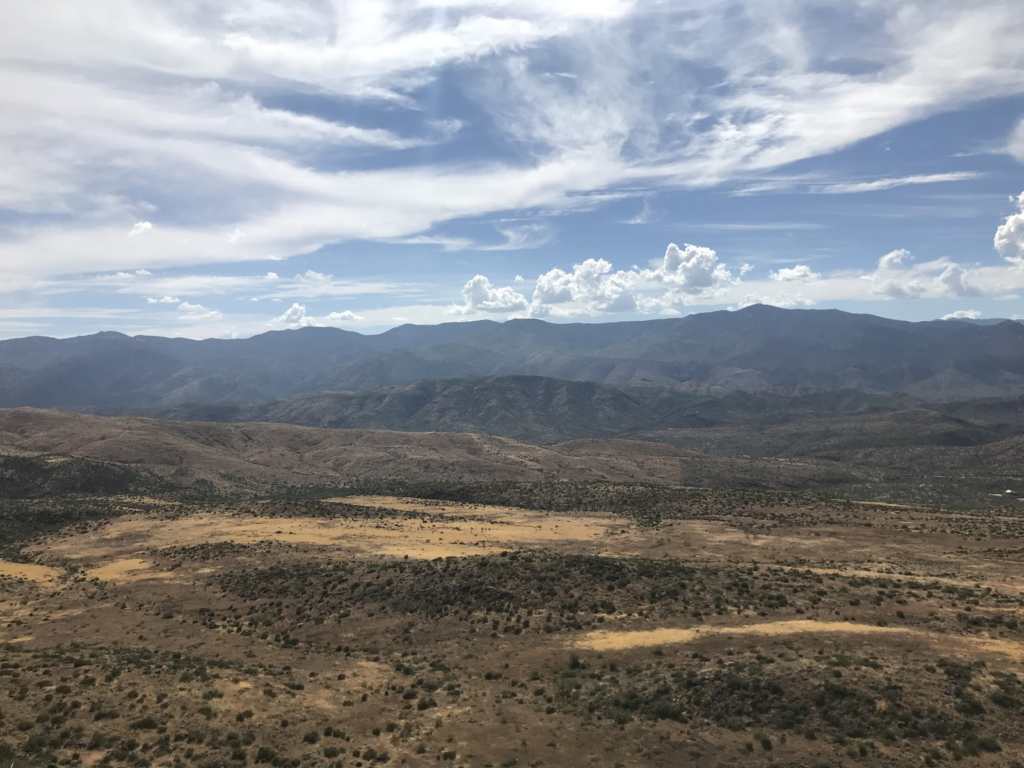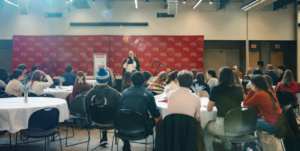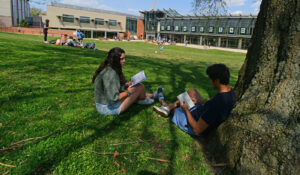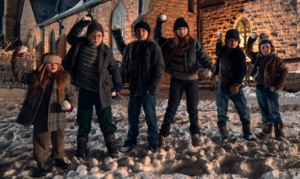COVID-19’s Resurface in Arizona Affects Catholic University Students

By Theresa Whitfield
Residents of Arizona are experiencing major setbacks in the state’s handling of COVID-19 due to a 145% increase in positive cases in the two weeks prior to June 28, making it a new hotspot.
Arizona began reopening to the public on May 15, one of the earliest reopenings in the country. Shortly afterward on May 26, cases began to rapidly rise, and on June 24, the number of cases reported reached a high of 4,207, according to the Arizona Department of Health Services (ADHS). Six weeks after reopening, on June 29, Governor Doug Ducey released a new statement announcing the closing of gyms, bars, water parks, and movie theatres for the next 30 days.
According to ADHS, Maricopa County showed the highest number of cases out of all the counties in Arizona at 54,757. Examining the demographics, Hispanics or Latinos were found to be the largest race/ethnicity infected with the coronavirus. They accounted for 24% of positive tested cases, while white, non-Hispanics made up the second-largest group at 16%. The third-largest group was Native American, accounting for 7% of cases. In comparison to the demographics of the population as a whole, 82.6% of the population is white, 31.7% Hispanic or Latino, and 5.3% Native American according to the Census Bureau website.
Many of Catholic U’s from Arizona reside in Maricopa County and have seen their communities personally affected. Even though the Hispanic and Latino communities have the highest number of cases, rising junior international economics and finance major Izaak Ruiz sees a divide in the attitudes concerning the virus.
“Some people have the mindset of si me toca, me toca, translating to ‘if it gets me, it gets me,’” Ruiz said. “On the other hand, some people are going crazy, with double masks and double gloves and constantly wiping down everything they come in contact with. You are seeing a divide with very different reactions.”
Ruiz also commented on how as a whole, the United States’ handling of the situation has exacerbated all the negative stereotypes other countries have of Americans as being selfish and “only caring about money.”
“We are proving right all the stereotypes of the US in the face of foreigners when there are people not caring about the health and safety of others and protesting wearing masks,” Ruiz said.
Divided opinions concerning the government’s handling of the virus exist across communities in Arizona outside of the Hispanic and Latino communities. While praising Governor Ducey’s most current action of closing all gyms, bars, water parks, and movie theatres, many were unhappy with the state’s early reopening.
Rising junior business major Angela Lazar believes it was a bad idea for Arizona to reopen as early as it did; however, she agrees with Ducey’s newest actions to close and believes Arizona is taking the “proper steps to have control over the virus.”
“I agree with Doug Ducey’s decision to close down these facilities because we hurried to open them and then we suffered,” Lazar said. “A lot of people I know are affected by this, but for the good of all people we must make sacrifices as a community to protect each other.”
While the role of the government during this pandemic is to ensure the health and safety of its citizens, the individual also plays a vital role in the lives of those in his or her community.
“Doug Ducey can only do so much,” Ruiz said. “We also have a responsibility as American citizens to take our own measures to be considerate of each other.”








